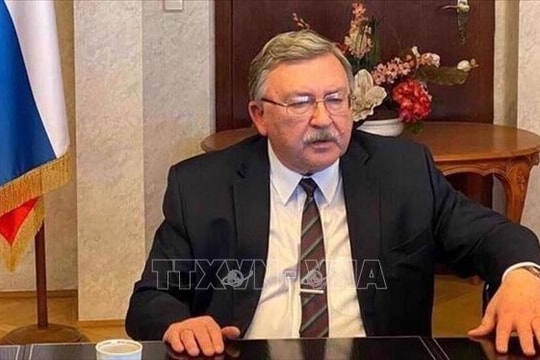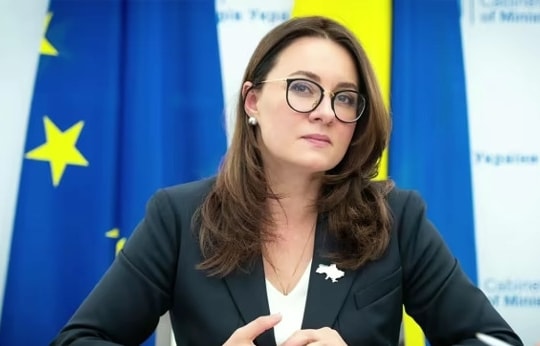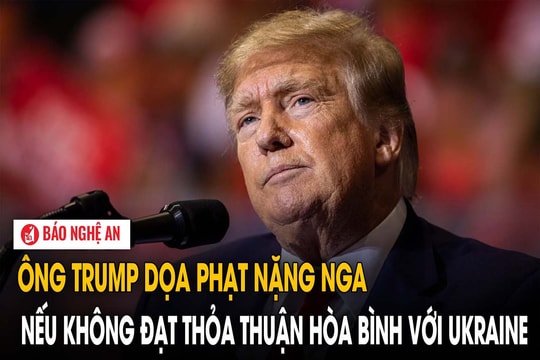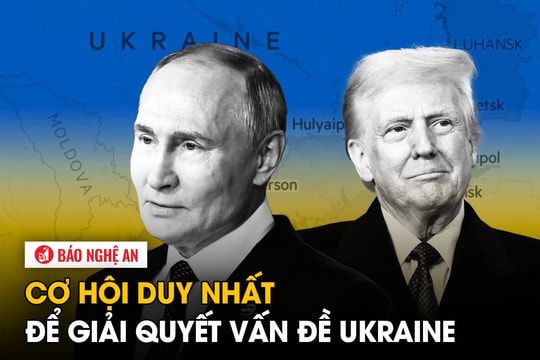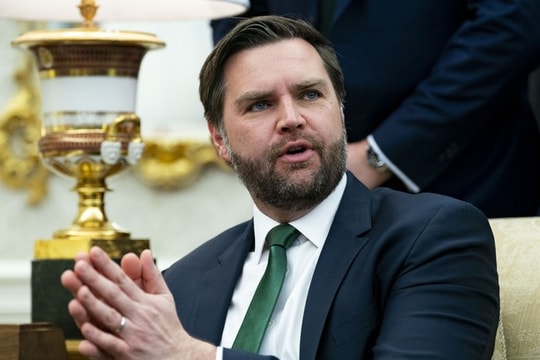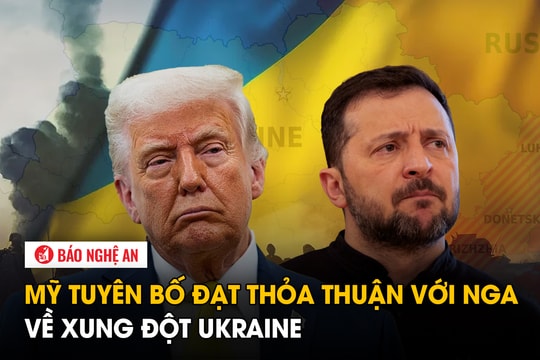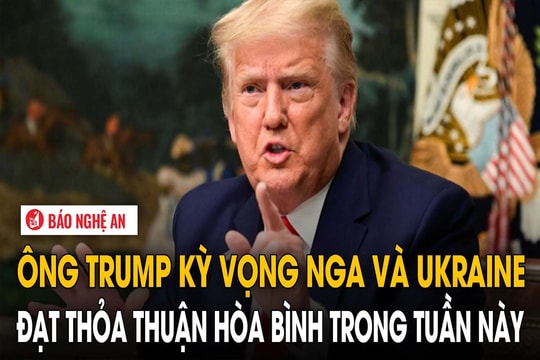The Price of Peace
(Baonghean) - The hope for peace, which has been a rare commodity in Colombia for decades, has just received a "drench of cold water". Colombian voters in a referendum on October 2 rejected the peace agreement recently signed between the Government and the Revolutionary Armed Forces of Colombia (FARC).
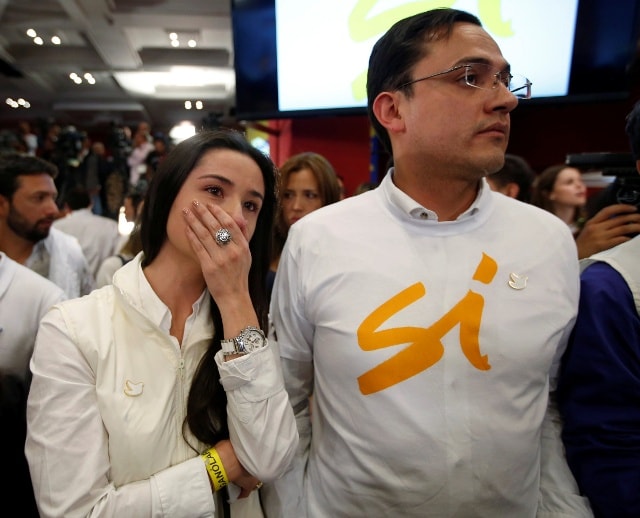 |
| Peace deal supporters cry upon hearing the referendum results. Photo: Business Insider. |
“No plan B yet”
The peace agreement signed by the government of President Juan Manuel Santos with the Revolutionary Armed Forces of Colombia (FARC) has been in effect for less than two months. According to the official vote count, 50.23% of voters in this South American country rejected the new peace agreement, meaning that only 49.76% of those in favor supported it.
This result was of course a shock to all parties to the agreement, as well as to the Colombian people themselves. Four years of persistent negotiations with the efforts and goodwill of the Government and FARC, along with the support of mediators, have "go down the drain". The armed conflict that broke out in 1964, claiming the lives of 260,000 people, leaving 45,000 missing and forcing about 6.9 million people to flee their homes, has yet to end.
Speaking on television, President Santos was perhaps embarrassed to admit that the majority of Colombian voters rejected his efforts. However, he vowed not to give up and continue to seek peace until "the last day of his term".
For their part, the FARC forces also pledged to continue peace talks with the Government, despite the recent failure of the October 2 referendum. Leader Timoleón Jiménez reaffirmed the FARC fighters' goodwill for peace and disarmament. He stressed that the FARC wants peace and will only dialogue to achieve this goal. According to Mr. Jiménez, the FARC will analyze "calmly" every detail of the referendum results. With this result, the FARC understands that there are still many challenges for this organization to become a political party and expressed confidence that peace will prevail.
The referendum result is not simply a rejection of the long-awaited peace agreement. All the efforts and goodwill of the Government, FARC and mediators over the past four years to end the war in Colombia have been in vain with the result completely beyond expectations. And when expectations are so high, the government of President Santos has no backup plan. It is highly likely that the agreement will be canceled.
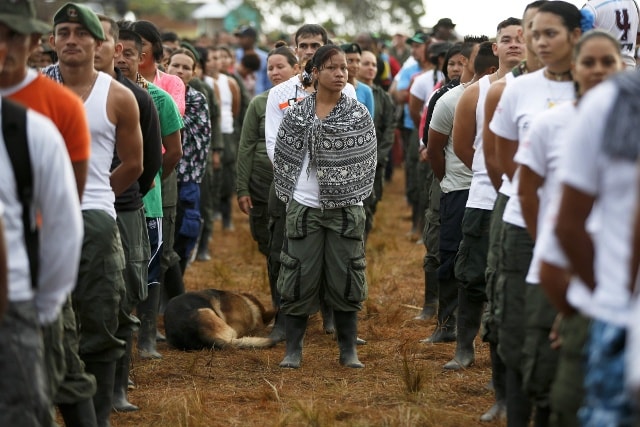 |
| FARC rebels during a ceremony last month in the Yari Plains, southern Colombia. Photo: ABCNews. |
Vote for justice
Although disappointing, the referendum result accurately reflects the will of the majority of Colombians. The message is: Peace is awaited, but there will be no “free” peace for those who have caused crimes and instability for more than five decades, in this case, members of the FARC.
Many Colombians have felt over the years that President Jose Manuel Santos has given up too much to bring the FARC to the negotiating table and reach a final agreement. It has led to the perception that the once criminal rebels will not be held accountable for their past actions. When a real peace requires the government to investigate and put FARC fighters in jail.
Five decades of fighting between the government and rebels have left terrible scars on Colombia’s land. Many civilians have been kidnapped and killed by rebels. Meanwhile, a peace deal reached last month allows once-notorious fighters to start new lives as ordinary citizens, and rebel leaders have had their sentences reduced for war crimes.
The agreement was therefore seen as too lenient. Roosevelt Pulgarin, 32, a music teacher in Bogota, was quick to express his opinion on the peace deal: “There is no justice in this agreement. If the ‘No’ people win, we will not have peace. But at least we will not give the country to the rebels. We need fairer negotiations.”
Indeed, the terms of the agreement are unnerving to those who have been victims of the war. The rebels agreed to immediately abandon training camps in 28 “assembly areas” across the country. Over the next six months, they would hand over their weapons to UN disarmament teams.
In return, the rebels were granted amnesty. Those suspected of war crimes were tried in special courts with reduced sentences. Many of them were given community service, such as clearing landmines planted by the FARC themselves around the country.
In addition, members of the FARC, an organization once considered a terrorist organization, are hoping to reintegrate into Colombian society as political leaders with 10 seats in the National Assembly. Former Colombian President Alvaro Uribe exclaimed: "This agreement is too soft on the rebels. They need to be investigated like murderers or drug traffickers."
Jason Marczack, a Latin America expert at the Washington DC-based Atlantic Council, said: “The hatred directed at FARC has won out over hope for the future.” It is a warning that the peace process in Colombia will not be a path of roses.
Historical debts will awaken further internal differences and contradictions. Resolving them will certainly take more time and effort than the four years of negotiations for the new peace treaty that was rejected last weekend.
Phan Tung
| RELATED NEWS |
|---|

